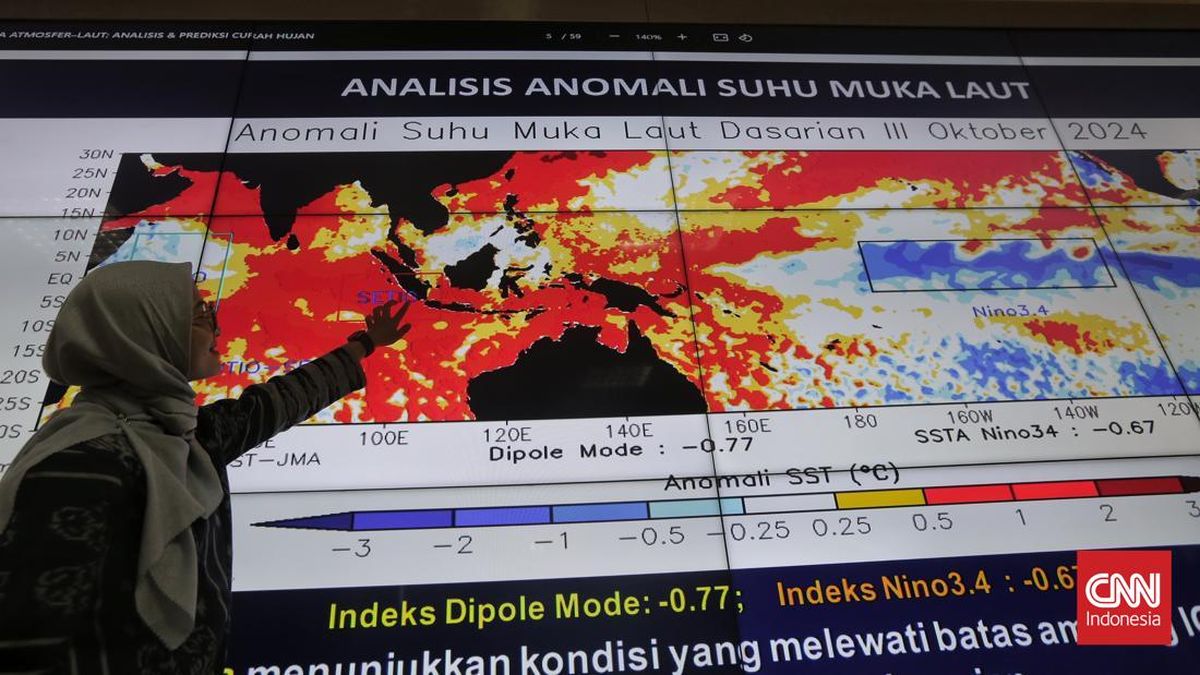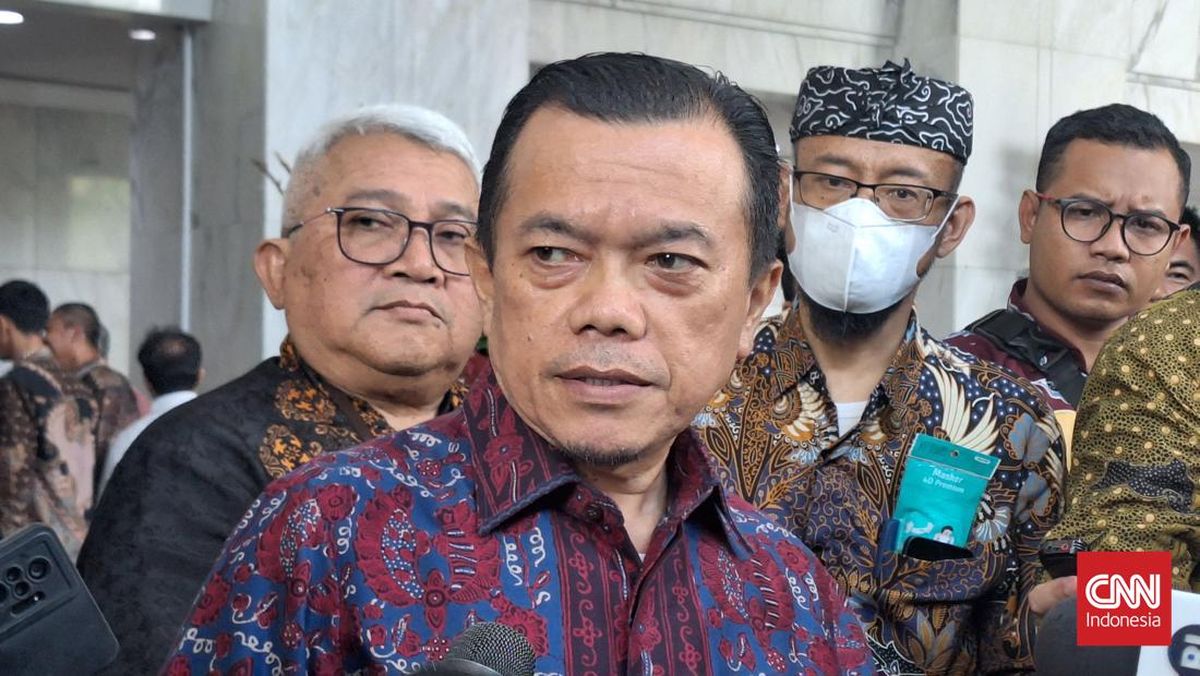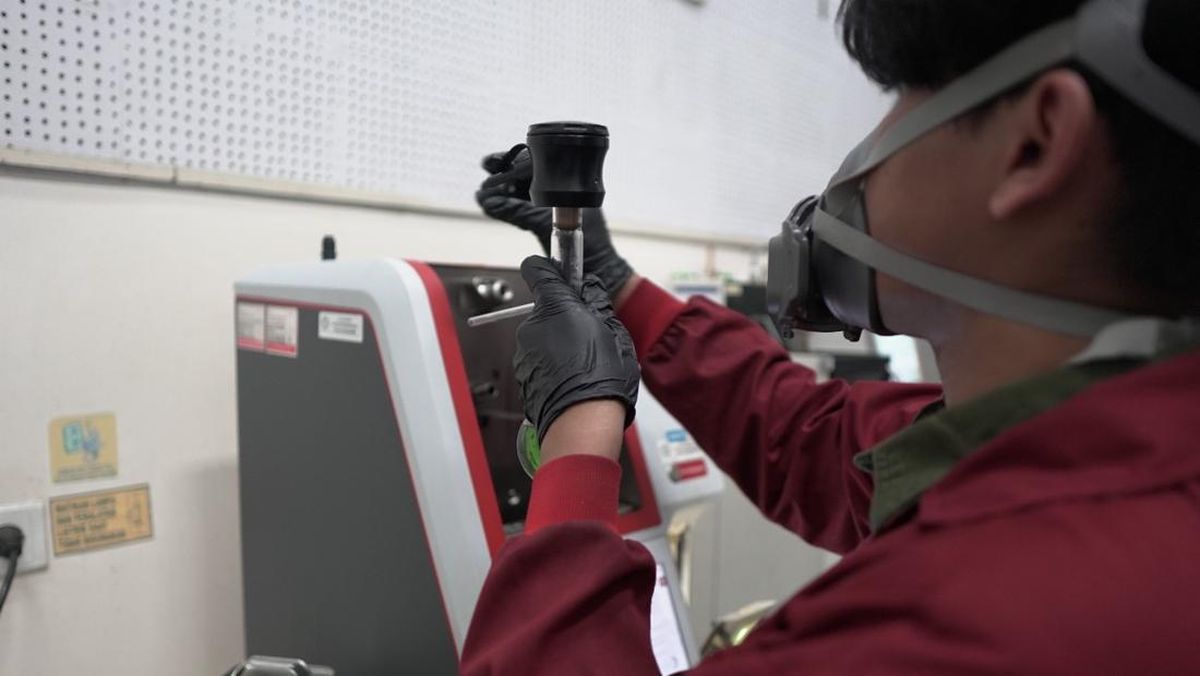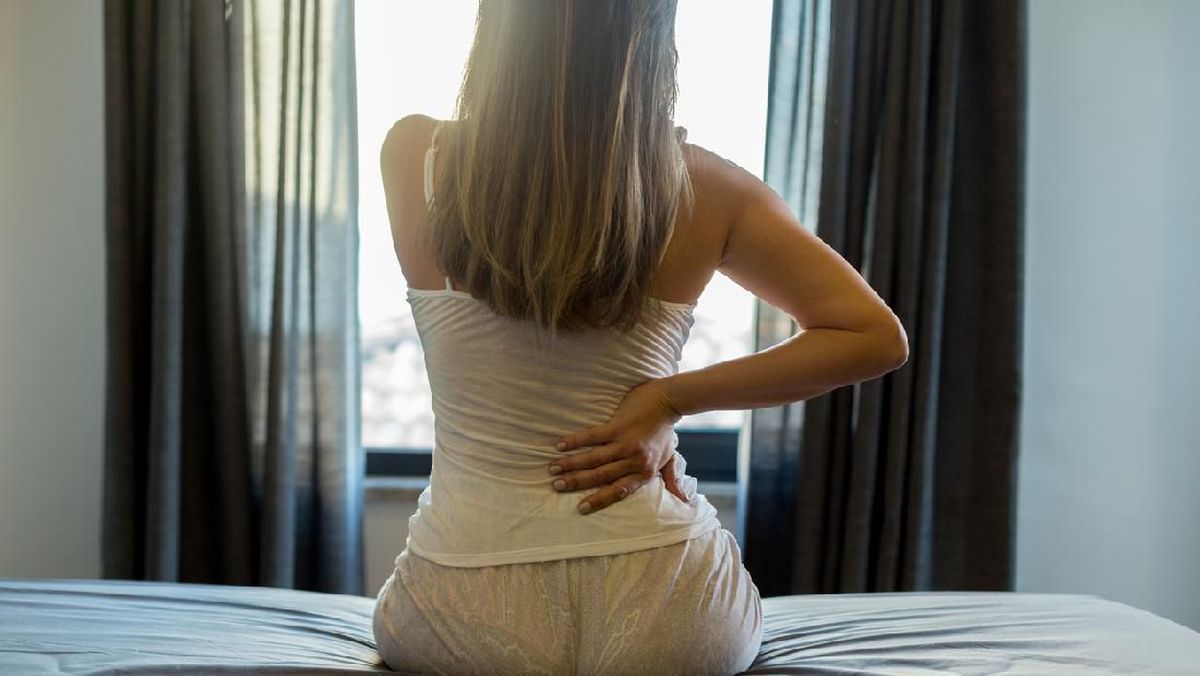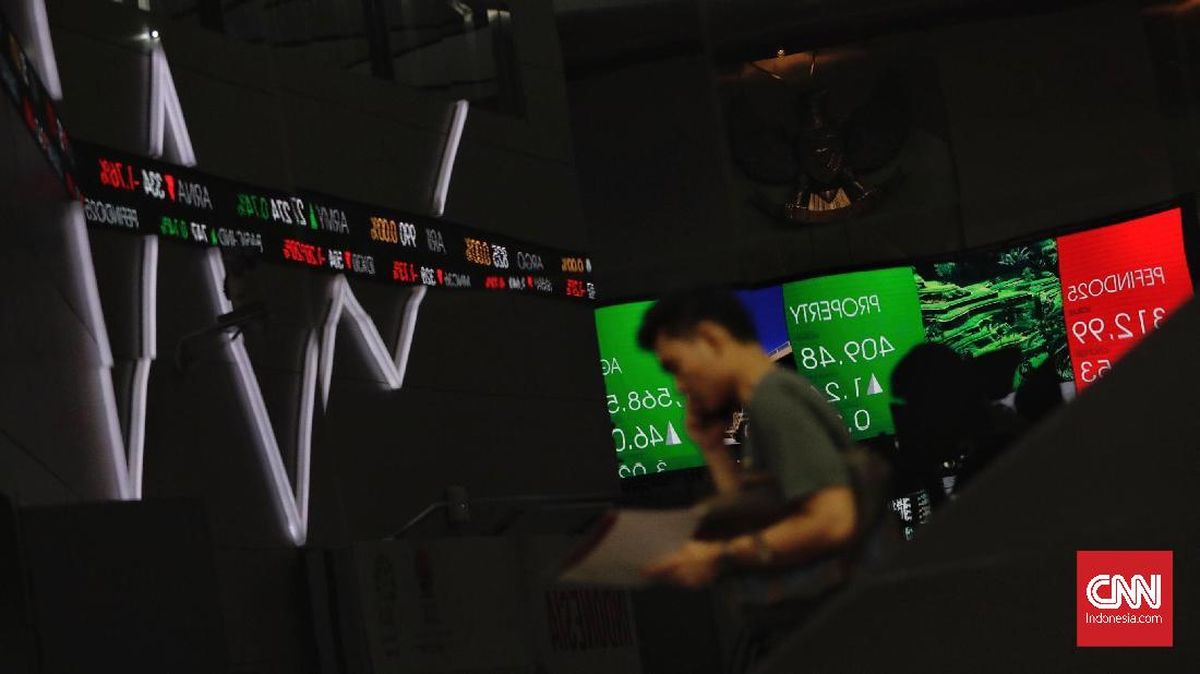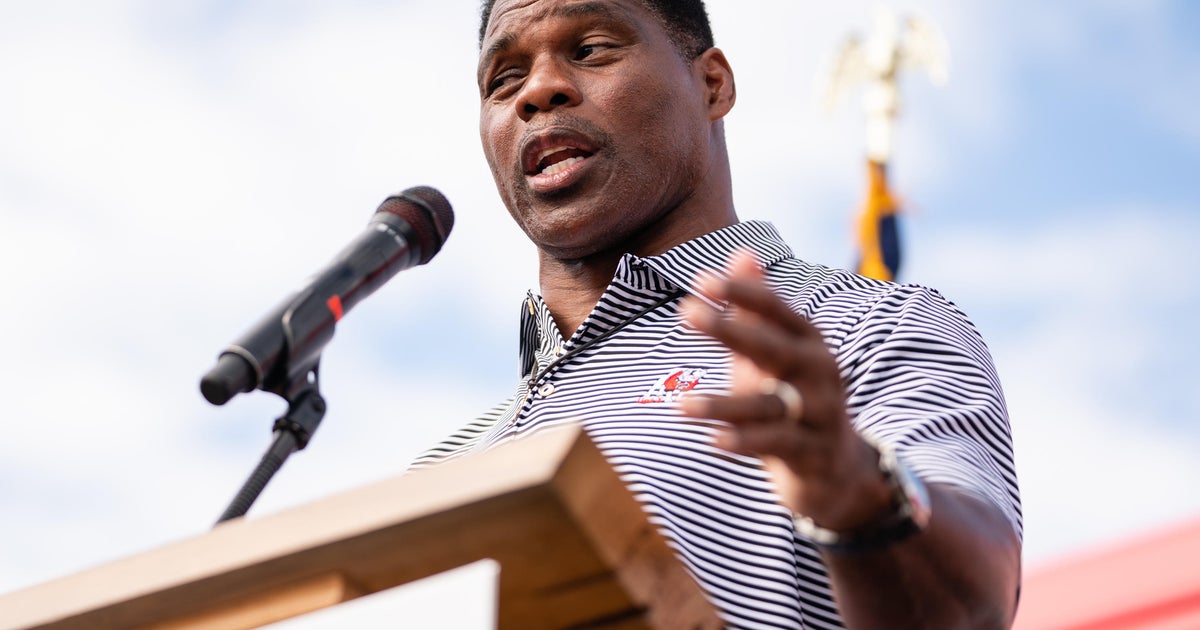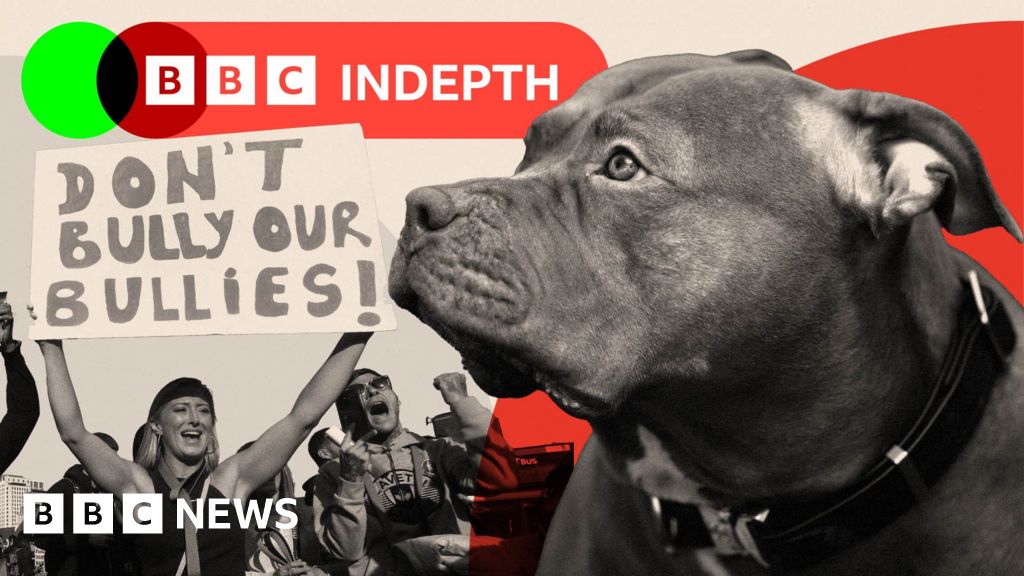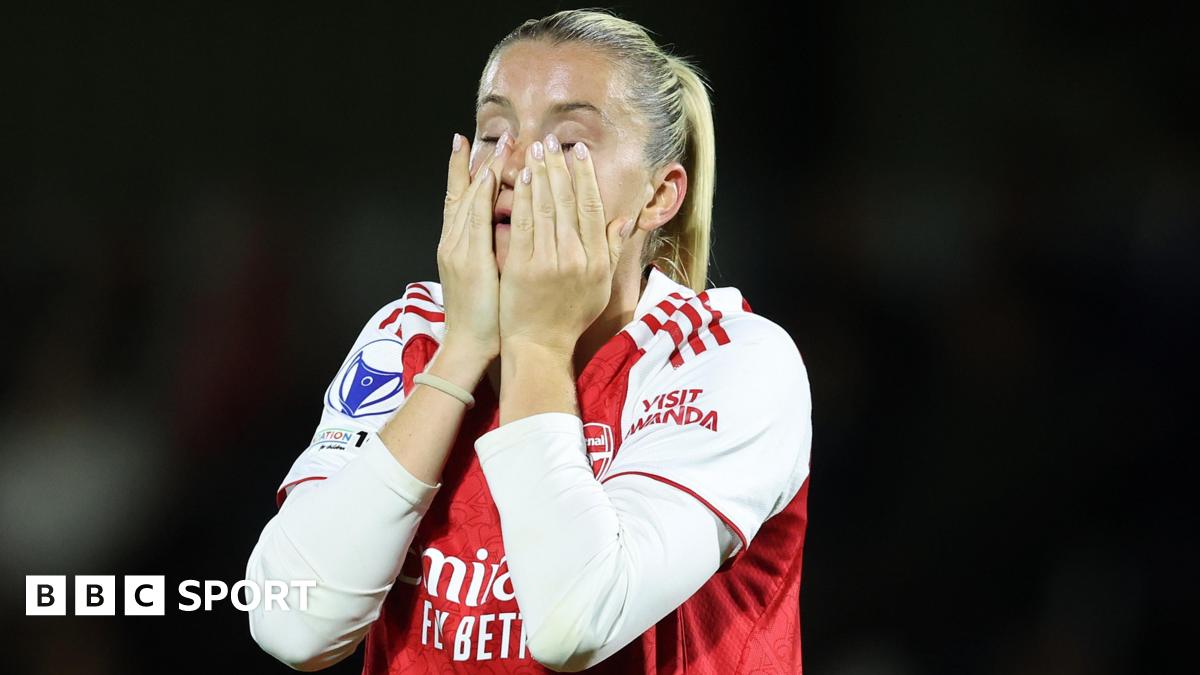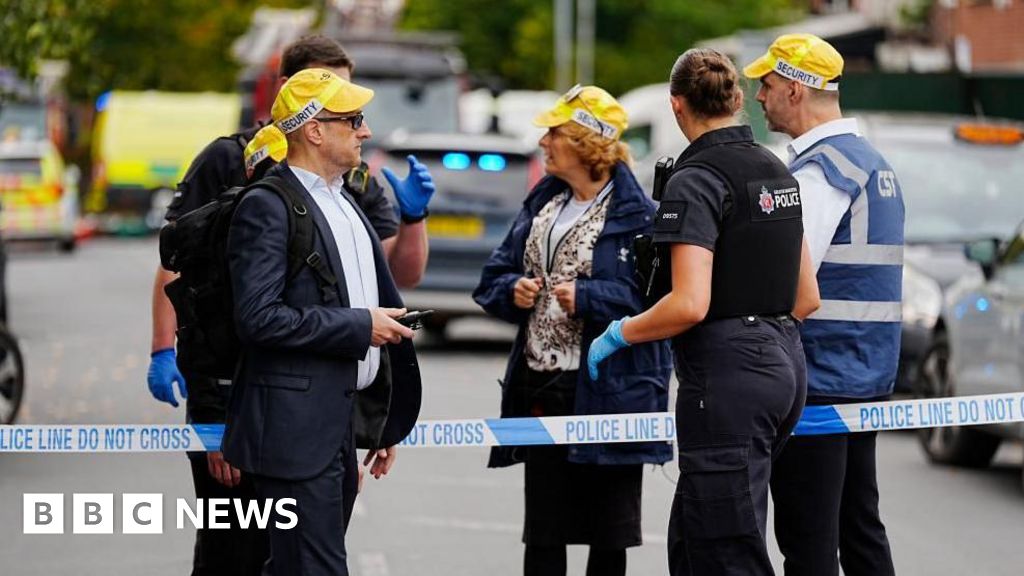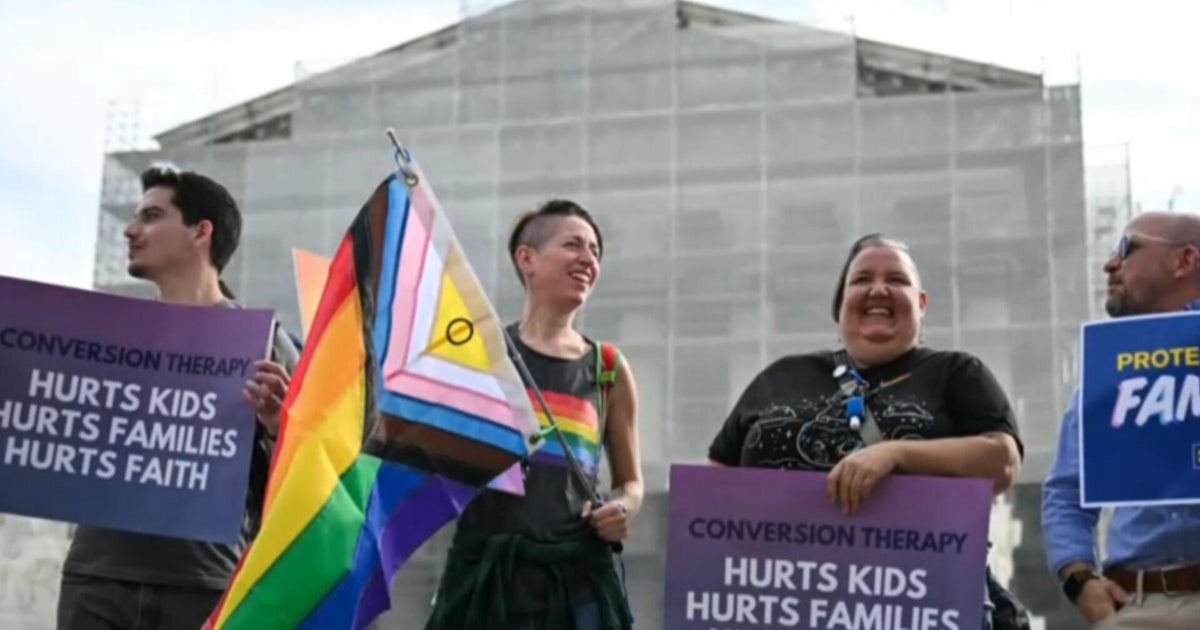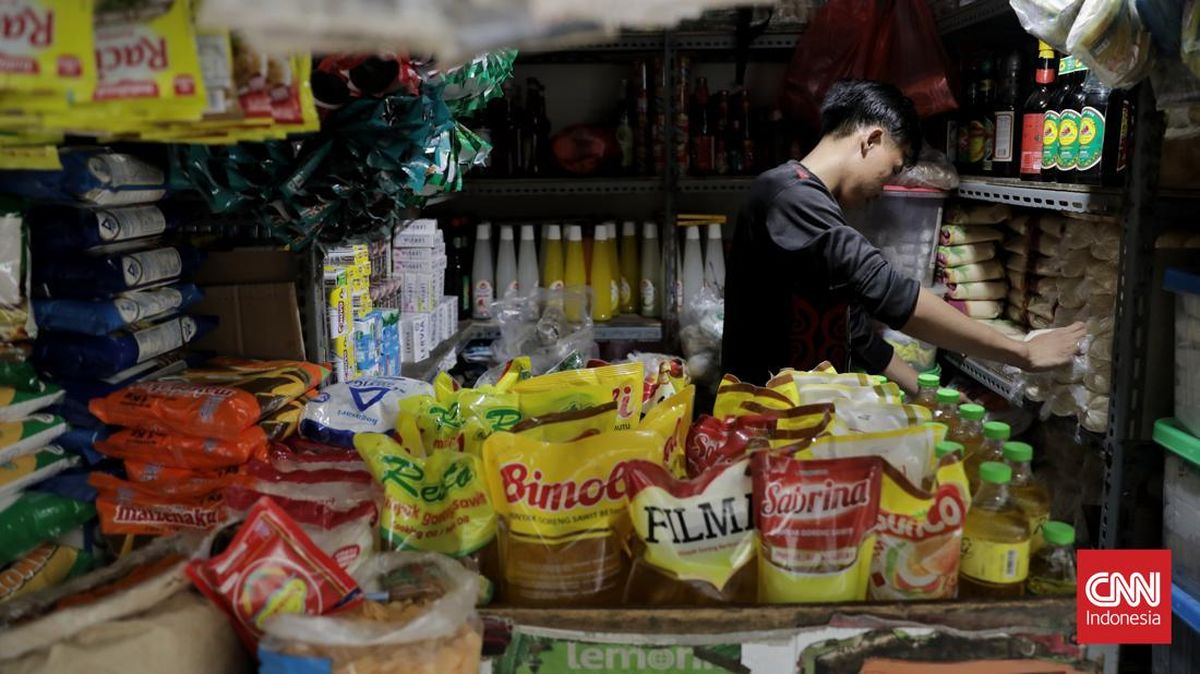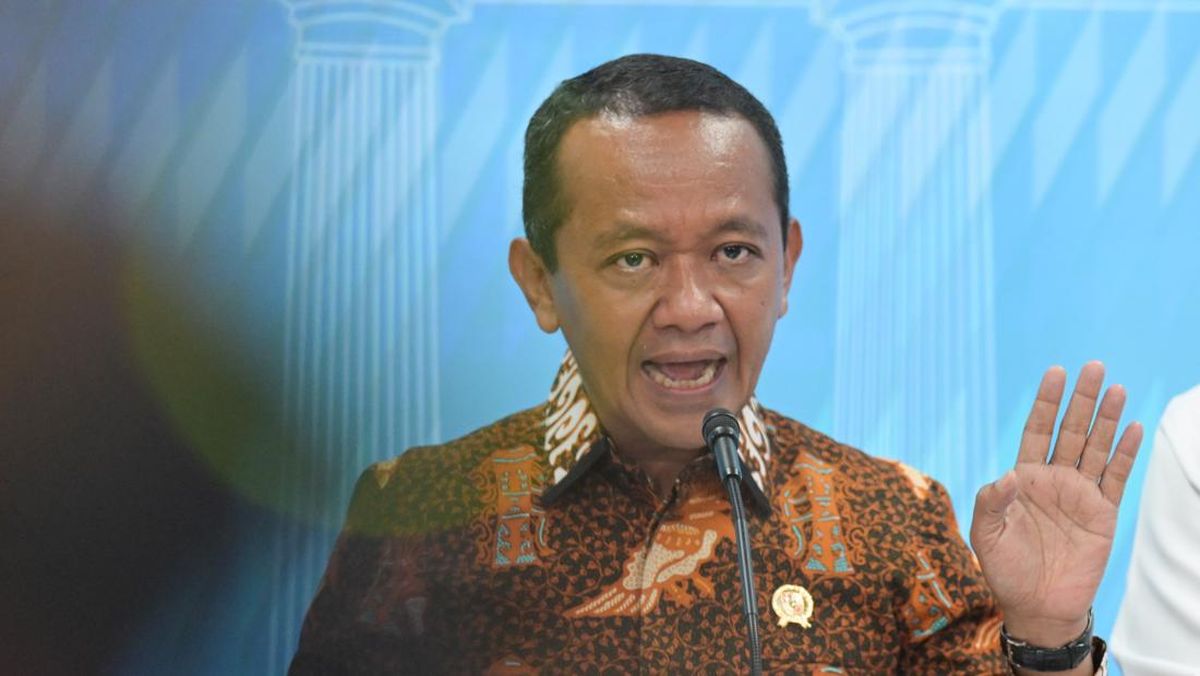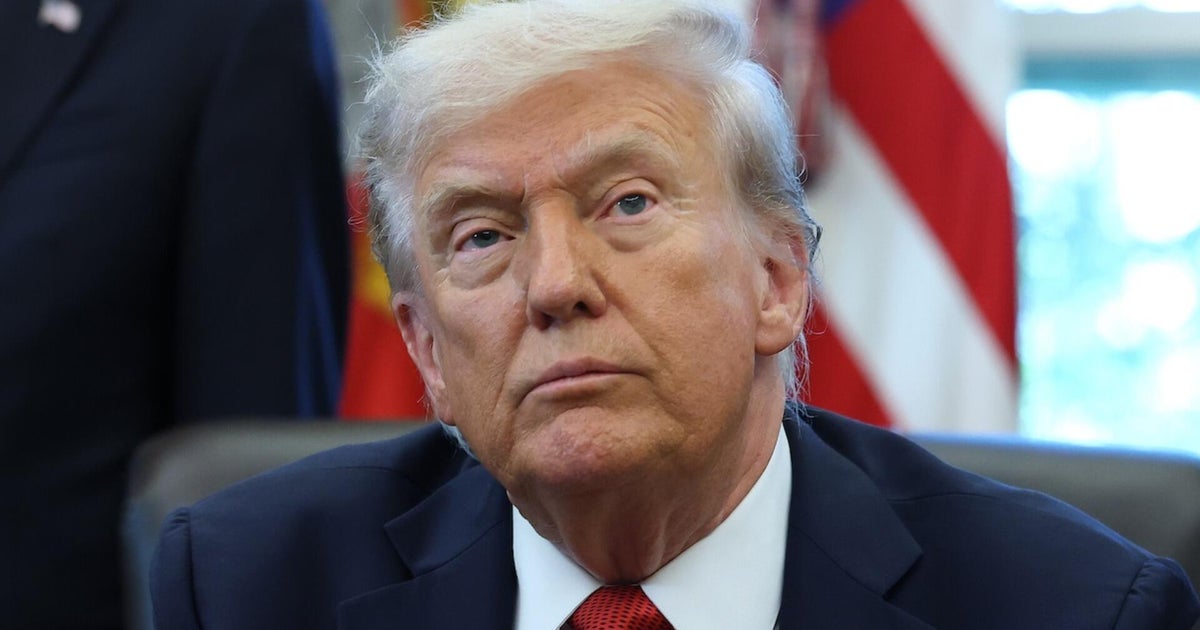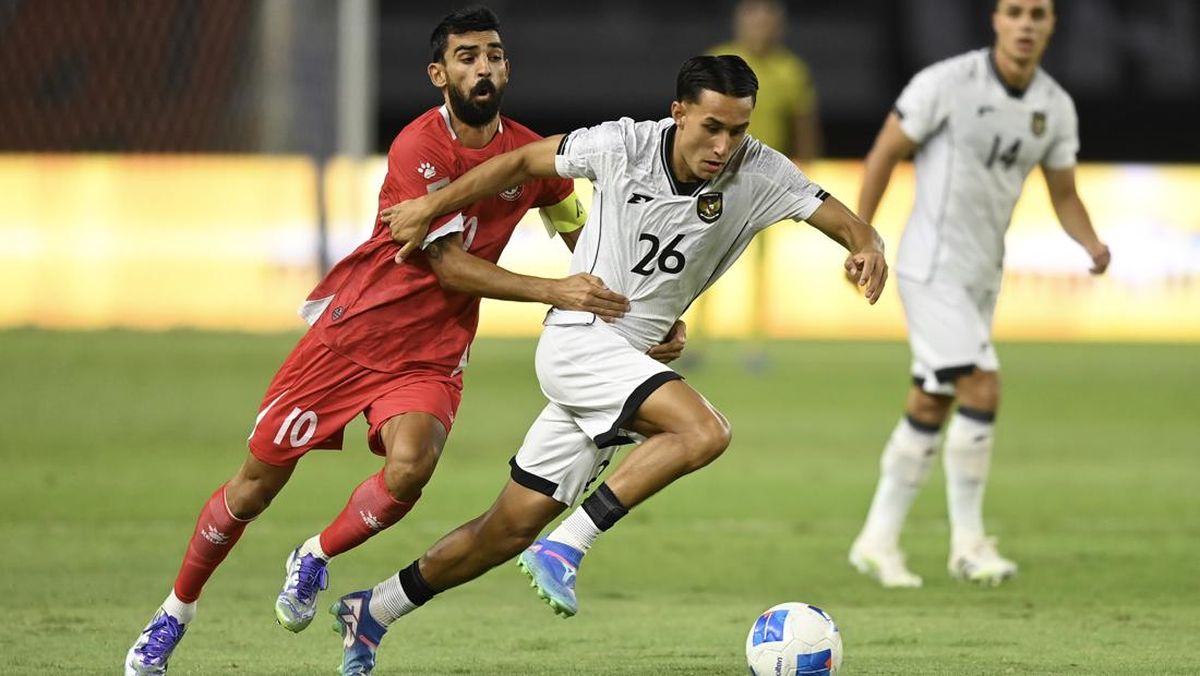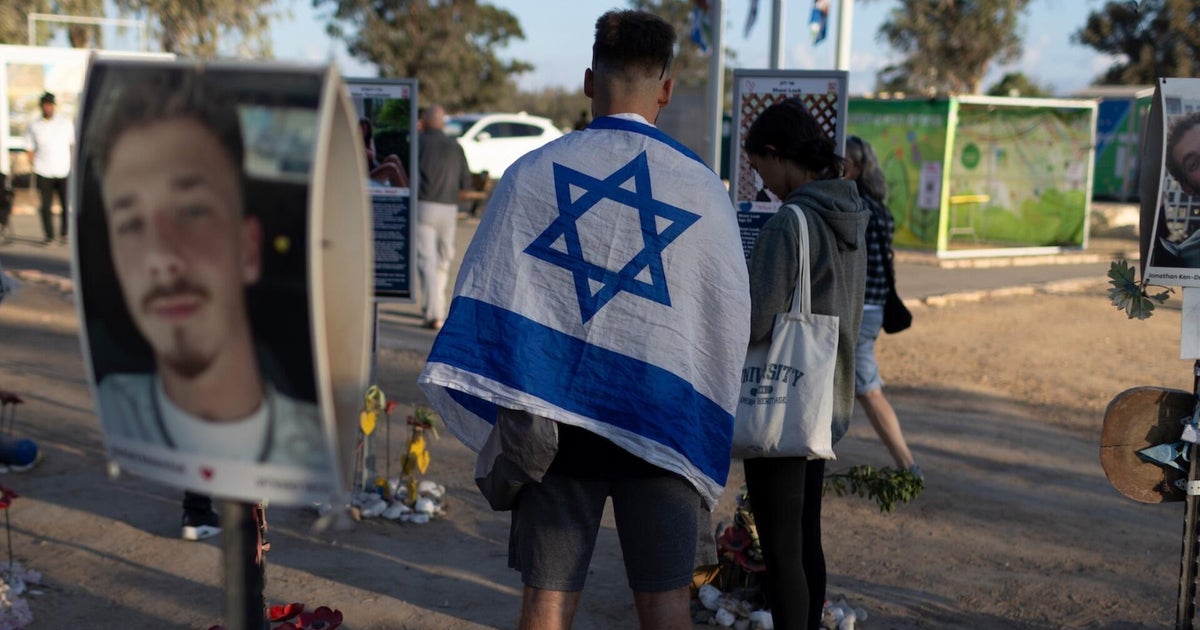Former champion golfer Greg Norman is among those to have lost their seat on the 2032 Brisbane Olympic organising board, after the Queensland government passed laws to shrink the body to “streamline” decision-making.
The legislation, passed through Queensland parliament last week, removed requirements that women make up 50 per cent of the board’s members and that at least one member be an Aboriginal or Torres Strait Islander person.
All original members, including four-time Olympian Jess Fox, will have to be renominated to the revised board, and several have lost their places.

Greg Norman has lost his spot on the Olympic board.Credit: Leigh Vogel
Until last week, the Australian government had four nominees on the board: Norman, three-time Olympic gold medallist Tracy Stockwell, Gold Coast Titans co-owner Rebecca Frizelle and Federal Sport Minister Anika Wells.
On the day in February he was formally appointed as a board member, the one-time world No.1 golfer spruiked his ability to be a diplomatic conduit between Australia and US president Donald Trump.
Loading
His seat at the table was under jeopardy just a month later, when the Queensland government’s handpicked Games Independent Infrastructure and Co-ordination Authority recommended the board be reduced from its 24-member composition to 15 to “enhance efficiency and effectiveness”.
A document obtained by this masthead through a Freedom of Information request showed the federal government was considering asking Queensland for a second position alongside Wells.
The incoming briefs prepared for Wells after the federal election in May said failing to make this request before June 30 would give Queensland the “final decision on which nominees continue”.
Entitled to only one nomination, the federal government will select Wells as their representative and Norman, Stockwell and Frizelle will lose their seats unless renominated by someone else.
Last Friday, Queensland Deputy Premier Jarrod Bleijie declared that the process for nominations to the board would now begin.

Deputy Premier Jarrod Bleijie introduced the controversial bill in May.Credit: Jamila Filippone
The mayors of the Sunshine Coast, Gold Coast and Brisbane can each make a nomination, as advised in GIICA’s 100-day review. The government would not confirm whether the mayors would nominate themselves.
The chief executive of the Australian Olympic Committee (AOC) Mark Arbib, will no longer be a member of the board but will participate as an observer. The AOC retain representation through president John Chesterman and honorary AOC life president, John Coates.
“There is wide agreement that a more streamlined board is in the interests of good governance and effective decision-making, which will in turn deliver the best possible sporting, community and legacy outcomes for the country,” an AOC spokesperson said.
The president of Paralympics Australia Grant Mizens will likely join the board, replacing outgoing president Alison Creagh.
Loading
The amendments made last week allow the state government to bypass 15 laws, with Olympic planning decisions exempt from civil proceedings, judicial reviews or injunctions. This includes works related to venues, the athletes village and Games-related transport infrastructure.
The government also granted itself immunity from criminal prosecutions for some acts or omissions that cause harm to Aboriginal or Torres Strait Islander cultural heritage while building the Games.
Turrbal and Yuggera people, traditional owners for the area covering Brisbane, say the main Olympic stadium site at Victoria Park is home to culturally significant sites.
Yuggera elder Aunty Sandra King, who was born in Victoria Park, said removing the requirement to have at least one Indigenous voice on the board was “destructive”.
“It’s only one person. What’s the fear of one person’s voice? It’s so hard to believe … They used us in their advertising to get the Games here and now what are they going to do, keep us quiet?” she said.
In a speech on Thursday in which he announced a finalised federal funding deal for Olympic infrastructure, Bleijie said his government would consult First Nations about Victoria Park.
“Ultimately, if an agreement can’t be reached, then the laws have to override, but we actually have put a special provision pursuant to the cultural heritage legislation that exists in Queensland at the moment, to still go through [a consultation] process,” he said.
A spokesperson for the advocacy group Save Victoria Park said the removal of the requirement that at least one member of the board be Indigenous was another grievance for the community.
“These laws are being introduced in the name of an Olympics that publicly claims to be the first Games with a Reconciliation Action Plan,” they said.
“The two things are contradictory. In reality, when it comes to Olympics planning in Queensland, we are seeing action after action that sidelines First Nations voices.”
Federal Infrastructure Minister Catherine King, who joined Bleijie at Thursday’s event, said her government’s funding was contingent on a new precinct plan with a focus on green space, stakeholder engagement, and transport connectivity.
“Appropriate consultation will also be undertaken with stakeholders, including impacted communities and First Nations groups,” she added.
Most Viewed in Sport
Loading

